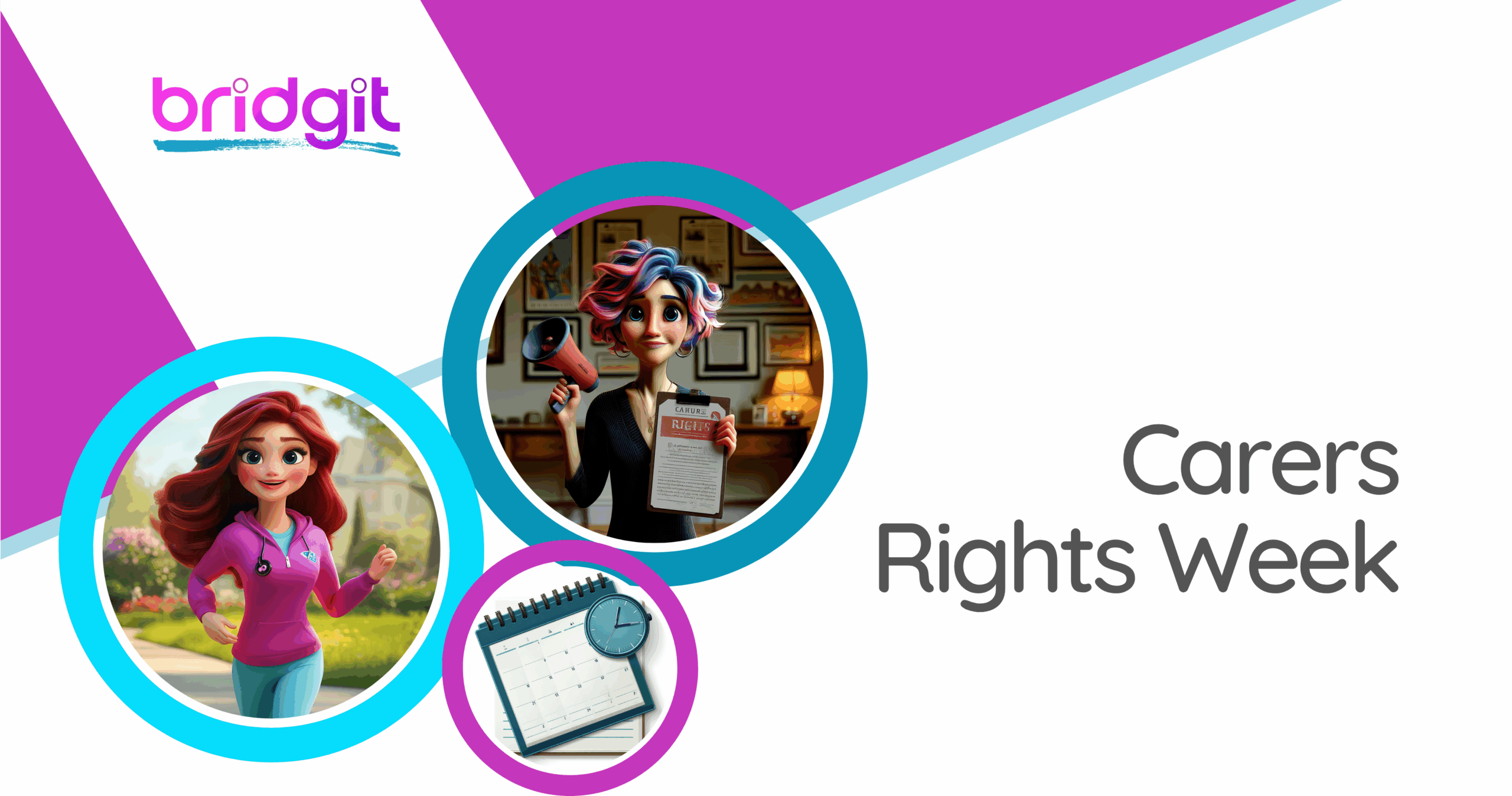Carers Rights Week: Shining a Light on Hidden Carers Across the UK
Across the UK, millions of people support someone they love every day. They help with medication, meals, appointments, and emotional care. They balance work, family and their own wellbeing while carrying a level of responsibility that many people never see. These individuals often don’t call themselves “carers,” yet their role shapes every part of life.
Carers Rights Week is a chance to recognise them, understand their challenges, and make sure they know the rights and support available to them. It is also a reminder that caring should never be done alone.
Understanding Carers Rights Week
Carers Rights Week is held each year to raise awareness of the rights carers have and the help they can access. The week encourages carers to come forward, learn what they are entitled to, and feel confident asking for support.
Many carers do not know they have rights at all. They may feel they are “just doing what anyone would do.” This means they often miss out on help, time off, financial support and guidance. Carers Rights Week aims to change that by making information simple and clear.
Local services, charities and community groups run events and share resources during the week. These sessions help carers understand how the system works and where to go for help. They also give carers space to talk, connect and realise they are not alone.

Hearing the Real Stories Behind Caring
At the heart of Carers Rights Week are the experiences of real people. Every caring journey is different, yet many themes are the same: tiredness, worry, pride, love and the pressure to get things right. During the week, carers across the UK share their stories to help others feel seen and understood.
Some talk about balancing school runs with hospital visits. Others describe learning how to manage medication or care plans. Many speak about the emotional weight of caring — the late nights, the quiet fears, and the moments of doubt.
These voices matter. They highlight what support needs to improve, where gaps still exist, and how services can better help families. Most importantly, they show that caring is a shared experience, even when it feels like a private one.
Carers Rights Week gives these stories a platform. It helps turn private struggles into public understanding, and this understanding leads to change.

Why Carers Rights Matter Now More Than Ever
Caring can affect every part of a person’s life. It can limit work hours, reduce income, and create stress that builds over time. Many carers feel invisible. They struggle without the resources or recognition they need.
Carers Rights Week highlights the most important rights every carer should know:
A Carer’s Assessment — a free review of your needs and support options.
Support for your own wellbeing — including breaks and mental health support.
Flexible working — the right to request changes at work to help you balance caring.
Involvement in decisions — being included when care plans are made (with consent).
Clear, simple information — guidance tailored to your situation, not generic advice.
Recognition — being acknowledged as a carer by health and care professionals.
When carers learn their rights, the situation becomes clearer. Confidence grows, support becomes easier to access, and they feel valued instead of lost in the system.
These rights exist because caring is important work. It should come with protection, respect and practical support.
A Week That Helps Build a Better Future
Carers Rights Week is more than an awareness campaign. It is a step toward a fairer future for unpaid carers. Each conversation, event and shared story brings carers closer to the recognition they deserve.
It also encourages services to look at what needs to improve. Many organisations use this week to listen to carers, gather feedback and shape new support options. The voices of carers guide the changes that follow.
Most important of all, Carers Rights Week reminds us that caring should never be a silent, lonely task. Support should be easy to access. Information should be clear. And carers should feel respected for the vital role they play.
As the week ends, the message remains:
every carer has rights, and every carer deserves support.


